How Does Sleep Affect Weight Loss?
Trying to lose weight but the scales just ain't moving? Have you ever considered this may be due to lack of sleep?
Sleep deprivation is not an uncommon problem among Australian adults. As a matter of fact, almost 40% of us are not getting enough shut-eye at night.

The problem this creates is that we usually wake up still feeling tired. And, on these days we need a minimum 3 coffees to function, going to the gym isn't even an option, and by 9:00am we're already day dreaming about the large pizza we're going to devour for dinner.
Sure, this happening every-so-often isn't going to completely derail our progress, but when it starts to become a regular occurrence it can really slow down our health and fitness gains.
HOW SLEEP AFFECTS WEIGHT LOSS
Three main ways lack of sleep hinders can weight loss include: lower energy levels, increased appetite and slower metabolisms.
THE RELATIONSHIP BETWEEN SLEEP AND ENERGY
Sleep is crucial for energy conservation, and it is when we are catching a few zzz's that our body functions at the lowest metabolic rate. Essentially what this means is that when we are sleeping we reduce the need for calorie consumption, as this is when energy is best preserved.
Waking up after a good nights sleep gives us extra fuel to kick start our day, reducing our hunger. This is because our body has reserved some energy, and doesn't require as many calories for optimal functioning.
When we don't have a good nights rest however, our body demands more calories to get going. The more calories we eat, the more difficult it can be to create a calorie deficit, hence slowly down your weight loss progress.
Sleep also relates to our physical energy levels. A poor nights sleep leave us feeling lazy and lethargic, making us more likely to skip the gym that day.
THE RELATIONSHIP BETWEEN SLEEP AND APPETITE
By getting in a good nights rest we give our body the time it needs to regulate our hunger-controlling hormones. This means the following day we get to enjoy just the right balance between feeling hungry and feeling satisfied. When we don't have adequate sleep this balance gets thrown off by increasing our hunger-inducing hormones and reducing the hormones that help us feel full. In simple terms, inadequate sleep causes us to feel hungrier throughout the day.

Of course feeling hungry means we are going to eat more, but also pair this with a lack of motivation and low energy levels, and we've just dramatically increased the likelihood of choosing the drive-thru for dinner rather than cooking a healthy and nutritious meal. Not a great combo when we are trying to shred a few kilos.
THE RELATIONSHIP BETWEEN SLEEP AND METABOLISM
We've briefly touched on the relationship between sleep and metabolism when we spoke about sleep and energy. It is during sleep that our body operates at its lowest metabolism, saving energy rather than spending it.
Whilst we know that energy expenditure is important for weight loss, being awake does not necessarily mean we are burning more energy. Rather, sleep deprivation can actually throw off our metabolism, inhibiting our weight loss goals.
Irregular sleeping patterns impact our sleep cycle. The less hours we spend getting some shut-eye, the less time we spend in a deep sleep state. This means our body doesn't get as much opportunity to lower down our metabolic rate, preserving less energy, and hence causing our metabolism to go all out of whack.
TIPS ON HOW TO GET A BETTER NIGHTS SLEEP
Below we have provided some recommendations on how you can help yourself get a better nights sleep.
1. SETTING A REGULAR BED TIME
Simple yet effective. By ensuring we go to bed at the same time every night we allow our bodies to regulate their circadian rhythm, which helps us feel tired at night, and makes falling asleep easier.
2. MINIMISE NIGHT TIME PHONE USE
Scrolling through your phone or watching TV right before bed can really disturb your sleep. This is because the blue lights used in these smart devices confuse our brains, tricking us into thinking its still light outside.
This negatively impacts the production of sleep-inducing hormones, such as melatonin, which normally help us simmer down into a deep nights sleep.
By reducing our exposure to blue light screens at night time we tend to feel more relaxed and sleepy when it comes to bed time.

3. STICK TO CAFFEINE IN THE MORNING
Caffeine is a stimulant and an excellent way to get going in the mornings. But when those 3:00PM slumps start to kick in, it's best recommended to steer clear of the caffeine.
By consuming high levels of caffeine and sugar later in the day we can disturb our sleep schedules, ruining our chances of a good night's rest.
We hope you've found this blog insightful. If you have anymore questions you can always drop a comment below or send a message to our friendly team.


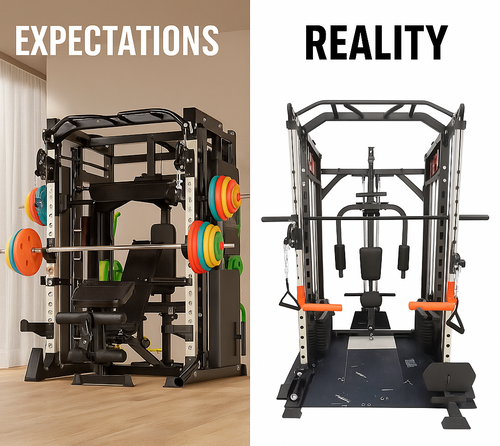



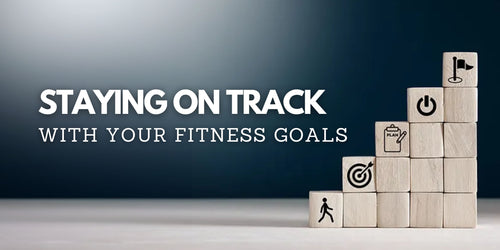













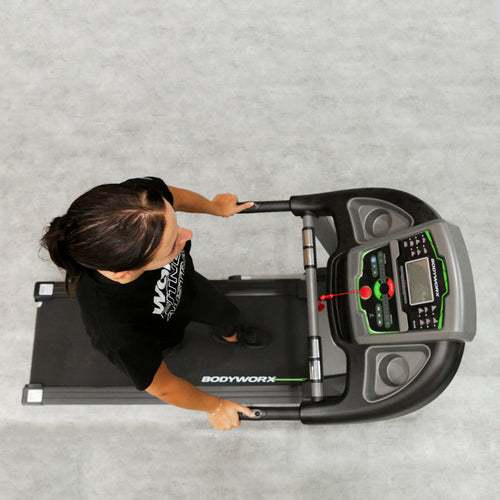




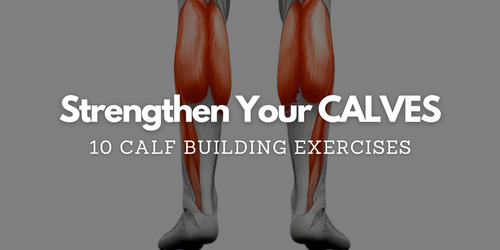

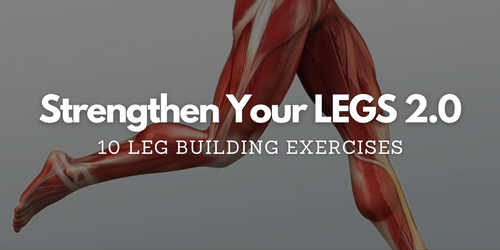
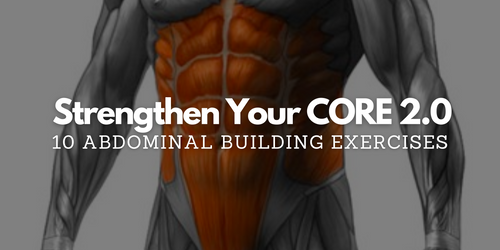



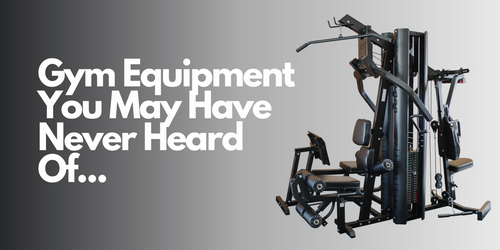
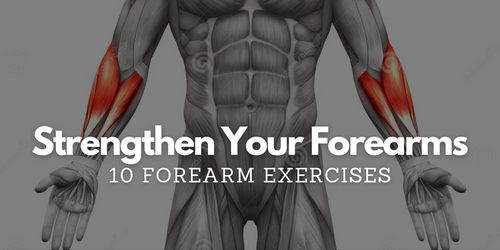

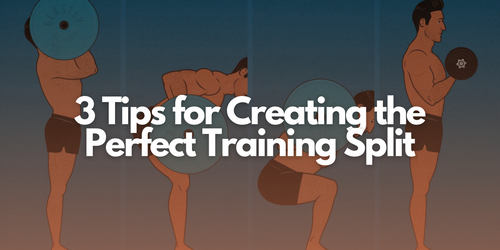






Leave a comment